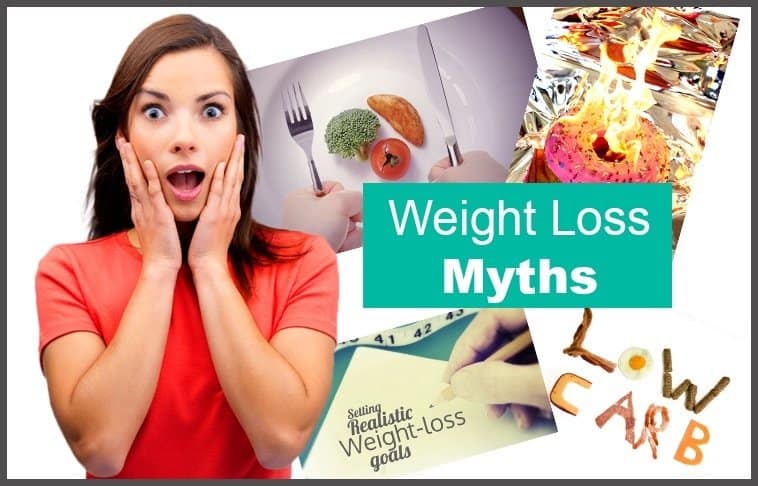Articles

Common Myths About Weight Loss: Science vs. Belief
In this article, we’ll explore the most widespread myths
about weight loss and explain the scientific facts that debunk them.
1. Eating Carbohydrates Causes Weight Gain
Carbohydrates are an essential macronutrient that supplies energy to the
body—especially the brain and vital organs that rely on glucose derived from
carbs.
Carbs should make up 45–65% of total daily calories.
Carbs lead to weight gain only when consumed in excess, just like fats or
proteins.
2. High-Protein, Low-Carb Diets Help You Lose Weight
While high-protein diets may promote initial weight loss, they can:
- Increase
cholesterol due to high meat and egg intake
- Raise
the risk of heart disease
- Lead
to constipation from low fiber intake
- Cause
fatigue and headaches
- Result
in loss of muscle mass and water weight
When stopped, weight often rebounds. These diets are not sustainable or safe long term.
3. Drinking Vinegar in the Morning Promotes Weight Loss
There’s no solid scientific evidence for this claim.
Weight loss happens when energy intake is less than energy expenditure.
Some theories suggested vinegar slows gastric emptying, but research shows the
opposite—it may actually speed it up. No benefit for fat loss.
4. Drinking Two Glasses of Warm Water in the Morning
Burns Fat
There is no scientific link between water temperature and weight loss.
Water is crucial (70% of body weight), and ~2 liters/day is recommended.
Drinking warm water alone won’t help if not combined with a calorie-controlled
diet.
5. Brown Bread Has Fewer Calories Than White Bread
Wrong!
Both contain similar calories.
Brown bread has more fiber, which helps reduce cholesterol, regulate blood
sugar, and prevent constipation.
It’s also richer in vitamins and minerals
due to whole grain flour.
6. Skipping Breakfast or Eating One Meal a Day Aids
Weight Loss
Studies show that skipping breakfast may:
- Lead
to overeating later
- Increase
cravings for high-calorie snacks
- Cause
slower metabolism
- Result
in energy crashes
Starving the body can cause it to slow down metabolism, preventing fat loss.
7. Some Foods Burn Fat (Celery, Grapefruit, Cabbage)
No single food can "burn" fat.
Weight loss is a metabolic process involving many hormones and enzymes.
It occurs when energy intake is lower than energy output.
Vegetables and fruits help only when part of a calorie-controlled, balanced
diet.
8. Milk and Dairy Cause Weight Gain
Dairy is rich in calcium, protein, phosphorus, and vitamin D—vital for bone
health.
Recommended: 3 servings/day for 1000 mg calcium.
Only excessive intake may lead to weight gain due to added calories.
Low-fat or fat-free options help reduce calorie and fat intake.
Some studies suggest calcium from dairy (not pills) may support weight
loss when paired with a healthy diet.
9. Fat-Free or Sugar-Free Foods Are Necessary for Dieting
Fat-free or sugar-free products are not always low in calories.
Manufacturers often add sugar, starch, or thickeners to improve texture and
taste.
Always read the nutrition label:
- Check
calories per serving
- Monitor
added sugars and saturated fats
A well-balanced diet from all food groups is better (carbs, proteins, dairy, vegetables, fruits, fats).
10. Herbal Weight Loss Products Are Safe Because They’re
Natural
Natural ≠ Safe.
Many herbal products lack scientific evidence and can cause:
- Diarrhea
or constipation (fluid and nutrient loss)
- Health
complications
One ingredient, ephedrine, was banned after causing deaths.
Use of any herbal weight loss product should be medically supervised.
